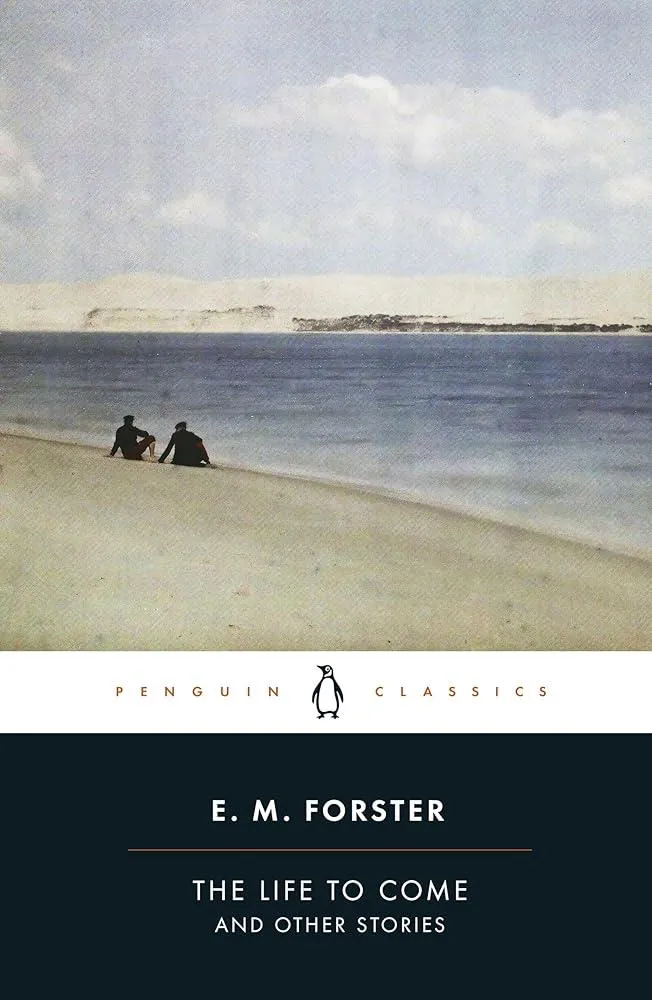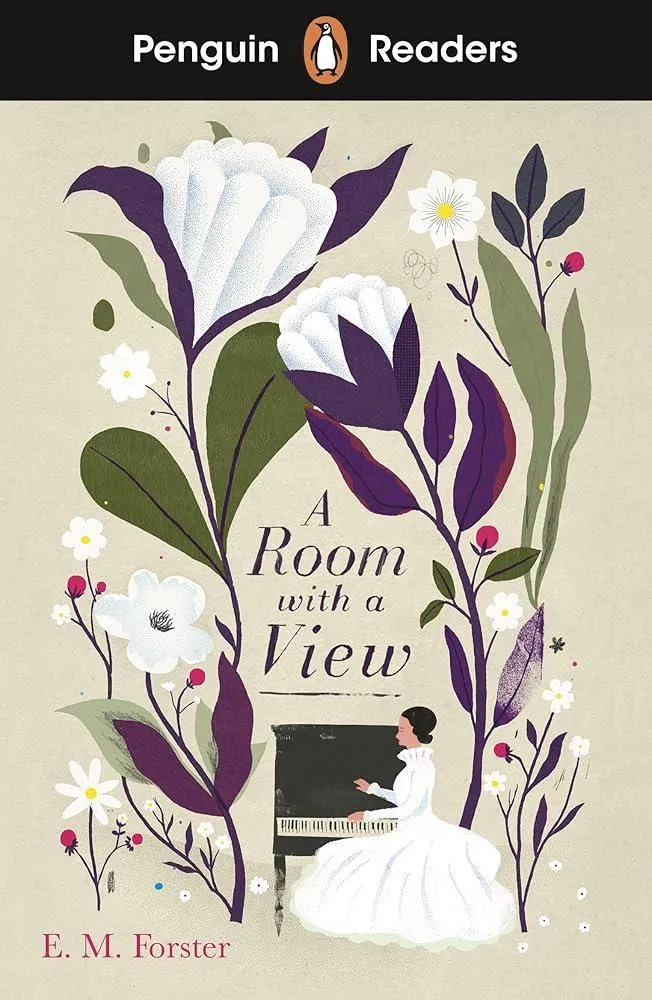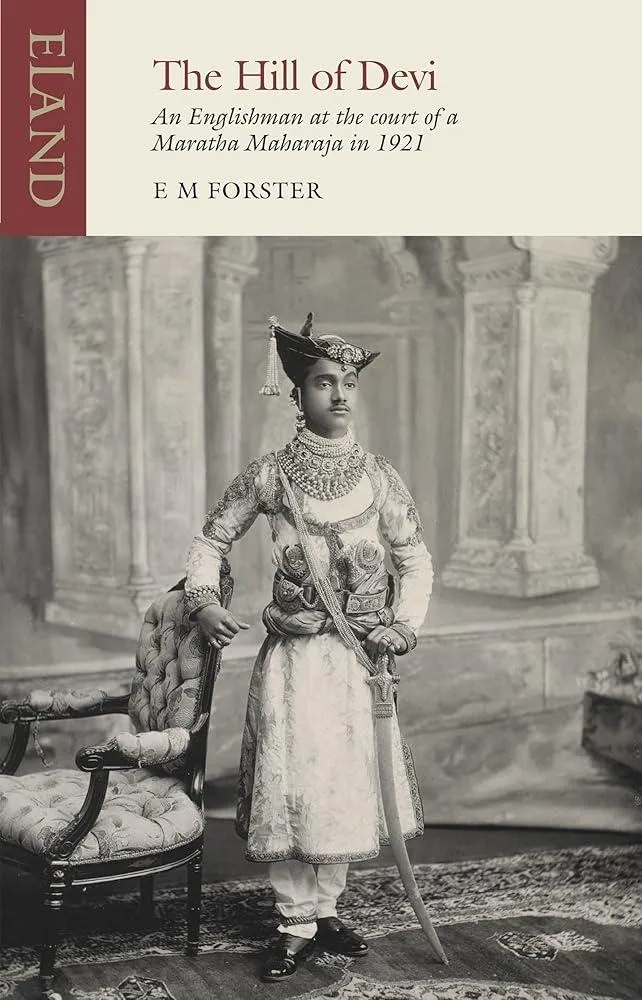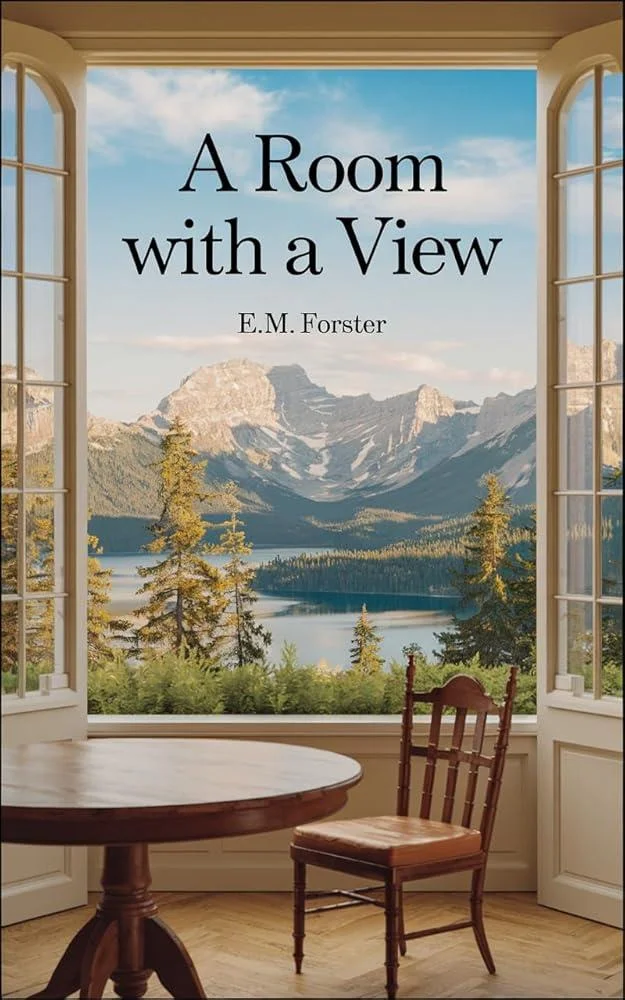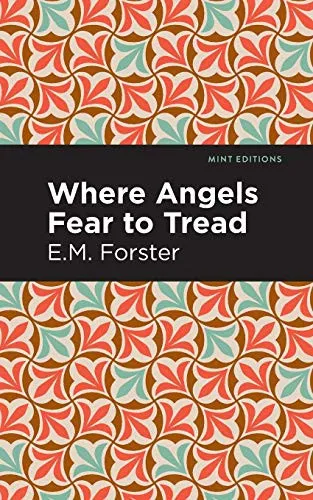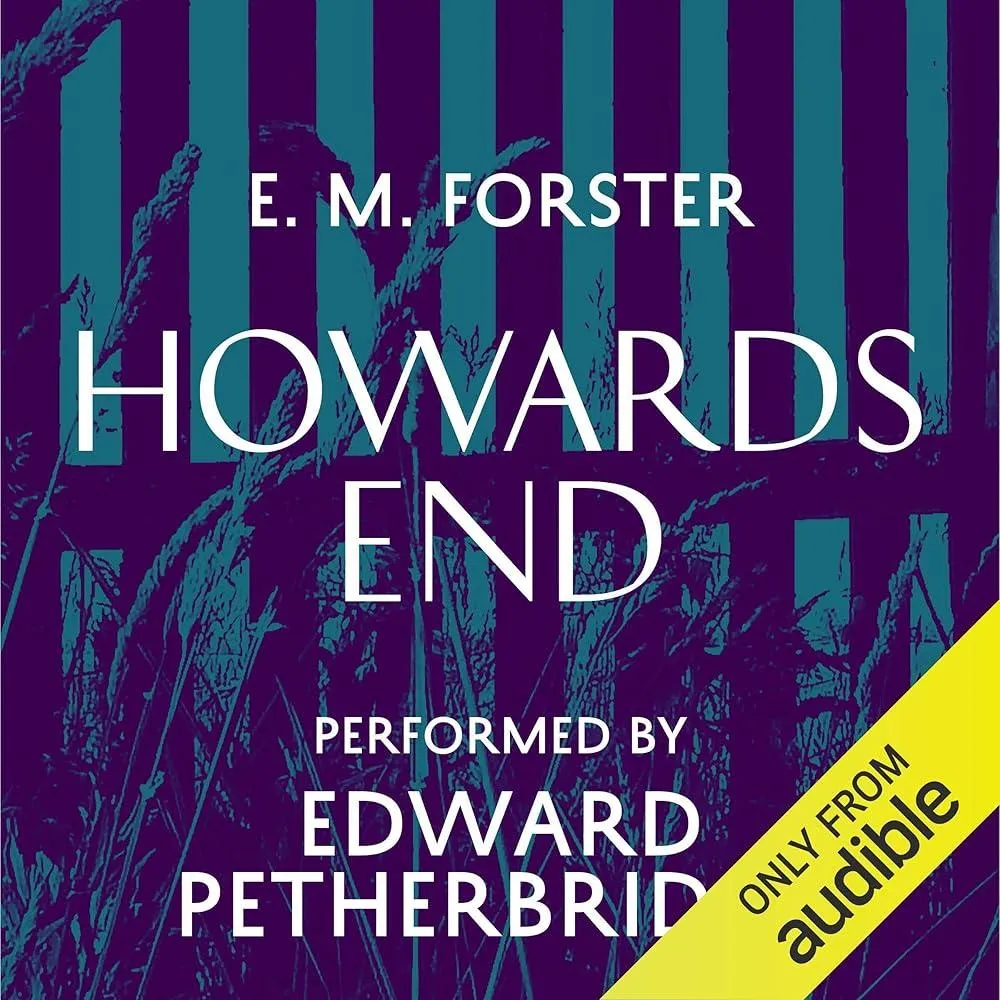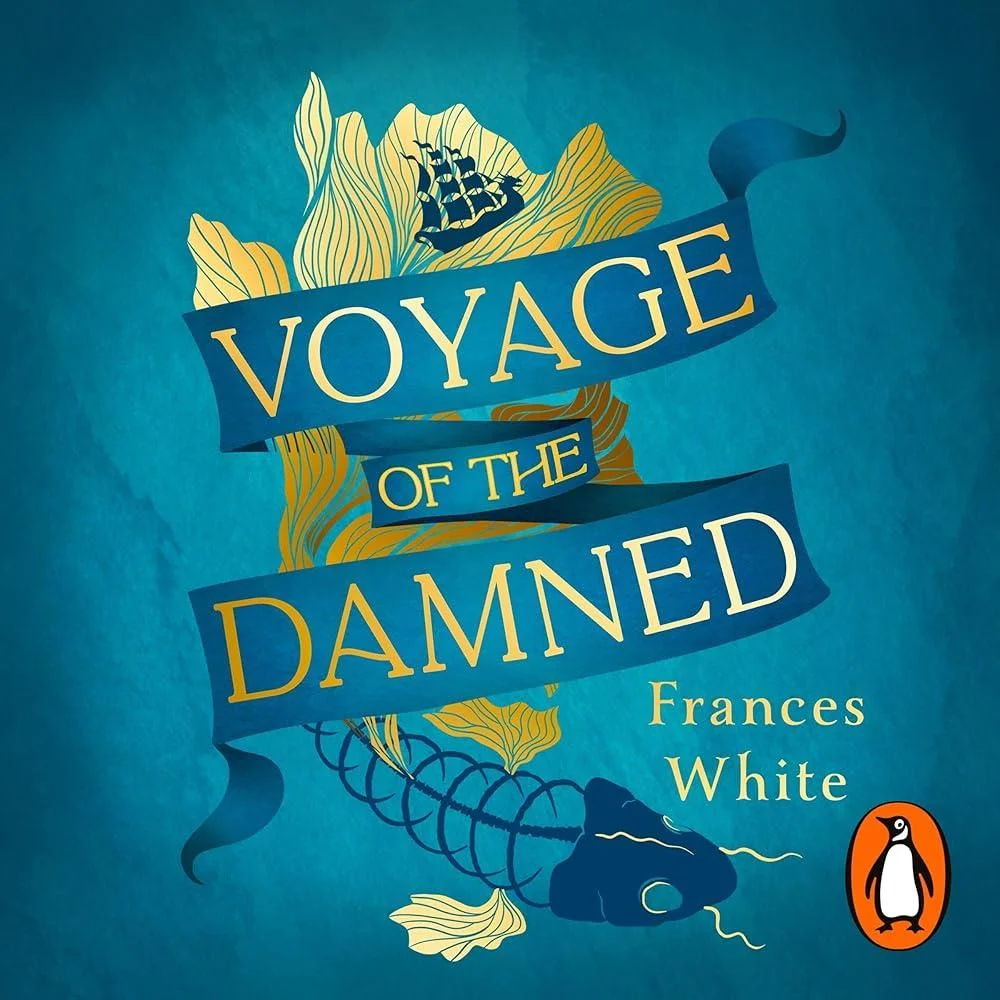
E. M. Forster's beloved classic and sharp critique of imperialism A Penguin Classic When Adela and her elderly companion Mrs. Moore arrive in the Indian town of Chandrapore, they quickly feel trapped by its insular and prejudiced British community. Determined to explore the "real India," they seek the guidance of the charming and mercurial Dr. Aziz, a cultivated Indian Muslim. But a mysterious incident occurs while they are exploring the Marabar caves with Aziz, and the well-respected doctor soon finds himself at the center of a scandal that rouses violent passions among both the British and their Indian subjects. A masterly portrait of a society in the grip of imperialism, A Passage to India compellingly depicts the fate of individuals caught between the great political and cultural conflicts of the modern world. The Penguin Classics edition reproduces the authoritative Abinger text and also includes four of Forster's finest essays on India, a chronology of Forster's life and works, suggestions for further reading, explanatory notes, and an illuminating introduction by the distinguished critic and novelist Pankaj Mishra.
E.M. Forster
E.M. Forster was a British novelist and essayist known for his insightful social commentary and exploration of human relationships. His most notable works include "A Passage to India," "Howards End," and "A Room with a View." Forster's writing style is characterized by its clarity, wit, and empathy towards his characters. He is credited with pioneering the psychological novel and challenging traditional British social norms. "A Passage to India" is considered his masterpiece, tackling themes of colonialism, race, and cultural misunderstanding. Forster's works continue to be celebrated for their timeless relevance and profound exploration of human nature.
